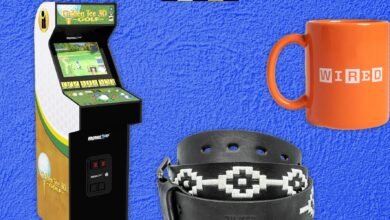4 Best Dehumidifiers We’ve Tested and Reviewed

The first thing to think about is how you’re going to drain the water from the dehumidifier. In the basement, the best thing you can do is to use the dehumidifier’s continuous water drain tube to either the sump pump or a drain. If those options are not available, you might be emptying the tank multiple times a day. The first time I put a dehumidifier in the basement, the tank was filled in three hours’ time. It’s all about the drainage. Also, knowing how to read a label. If a dehumidifier is listed as “50 pints,” that means the appliance can remove 50 pints of water from the air in a 24-hour period; it’s not the internal tank capacity. Also, look for the maximum area coverage. For example, the Honeywell Smart 50 pint can remove 50 pints of water from a 4,000-square-foot area in 24 hours.
If you, like me, also need a dehumidifier in your city apartment, then consider buying one that’s easy to move around with wheels and a handle. Some of these machines are heavy. Also, a small dehumidifier in the bathroom is a good idea to keep the dampness at bay, especially if you have mold growing on your grout.
Lastly, do not drink the water collected in your dehumidifier tank. That water is not potable. Pour it down the drain. A dehumidifier is not creating distilled water; that’s a different process and appliance.
Source link



